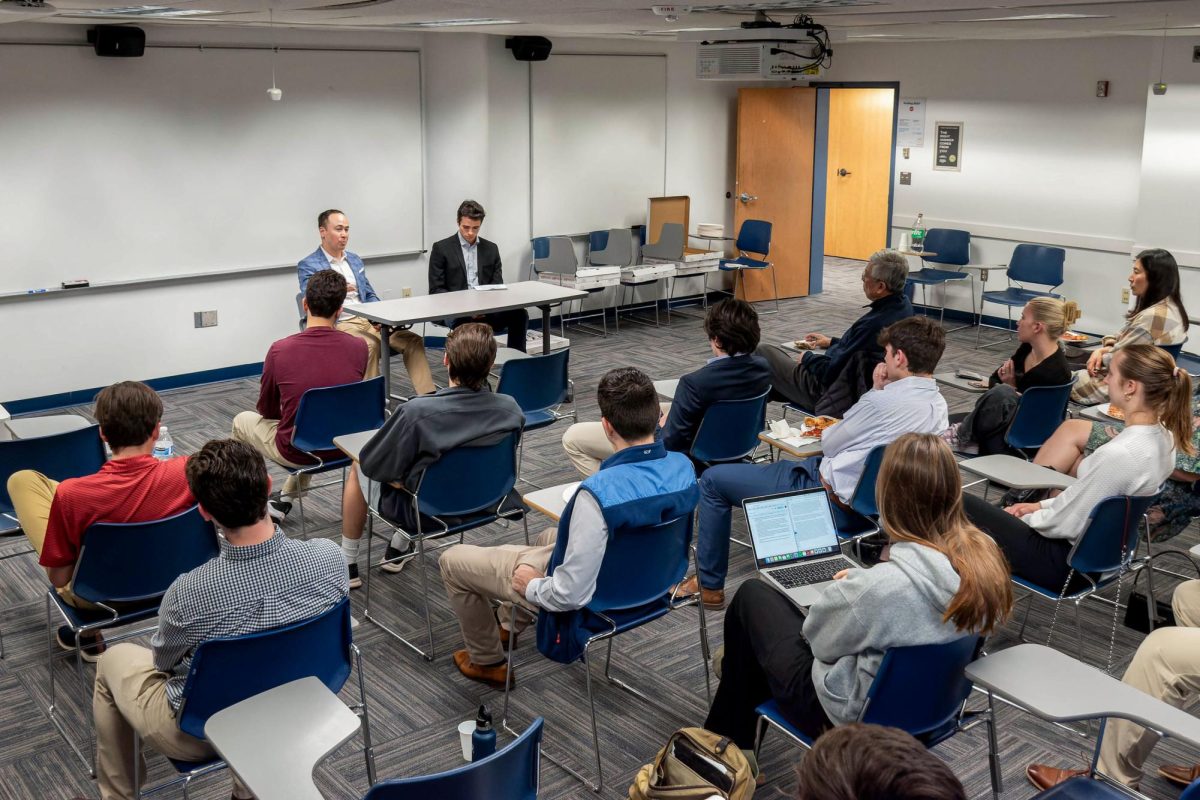Several experts in politics served on a panel examining how the congressional results of the 2020 election might affect the dynamic of polarization in Congress in the upcoming term Thursday.
Two former congresswomen and a program director from the Graduate School of Political Management analyzed a growing divide on President Donald Trump and his legacy in the Republican Party and its impact on how Congress will operate in the coming years. Reid Wilson, a national correspondent for The Hill and GSPM fellow, moderated the event.
Former Rep. Shelley Berkely, D-Nev., said election results have shown that there were a number of split-ticket voters who supported the Republican Party down their ballots but did not vote for Trump as president.
“The election results show that the voters know how to split the tickets,” she said. “There were a number of people that supported the Republican agenda but voted against President Trump, probably primarily because of believing that the leadership that he was offering wasn’t acceptable in this country.”
Berkely said politics have changed dramatically since she was first elected to Congress in 1998, as now the United States is “badly divided.” She said she remembers participating in bipartisan social events during her time in Congress that have since stopped being held.
Former Rep. Anne Northup, R-Ky., said although many Republicans did not vote for Trump, election results did not show a decrease in Republican representation among voters. She added this may hint at a divide in the party.
“I don’t think it was a repudiation of what Republicans stand for but rather a repudiation of the current leader,” she said.
Prominent figures in the Republican Party have recently spoken out publicly against the president, including Sen. Mitt Romney, R-Utah.
Northup said she was “surprised” by the losses the Democratic Party faced in the U.S. House of Representatives elections.
“They barely held onto the House,” she said.
She said House Democrats might have not pushed hard enough for COVID-19 relief legislation to win over voters, which could have affected the number of seats they won in the House.
“I think Nancy [Pelosi] should have moved forward and made a deal for the CARES Act,” she said. “I think Democrats make the mistake in believing that ‘everybody agrees with us.’”
Casey Burgat, the GSPM legislative affairs program director, said the country will feel the effects of its political division for the next decade at both the federal and state level.
“It’s going to be incredibly divided on both sides and in both chambers,” he said.







